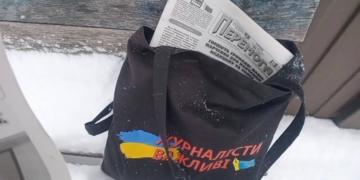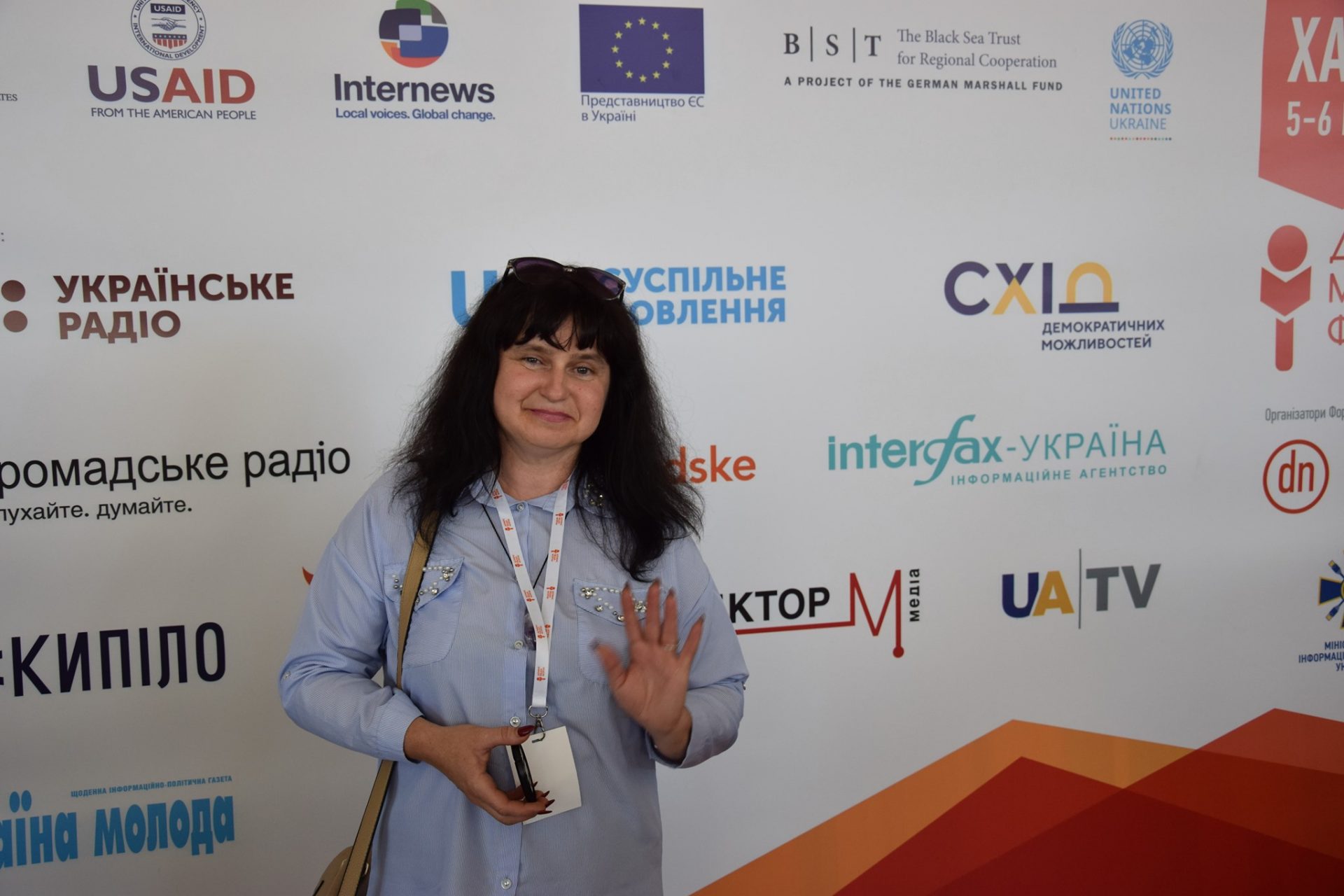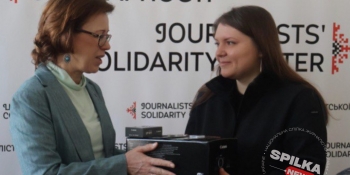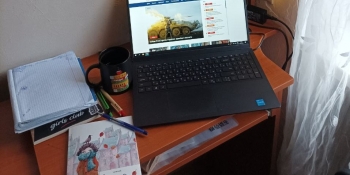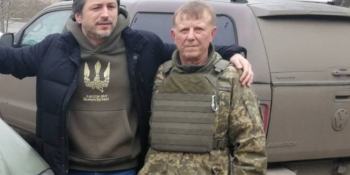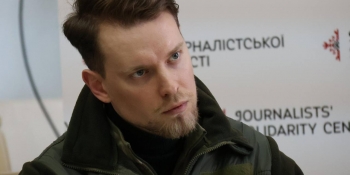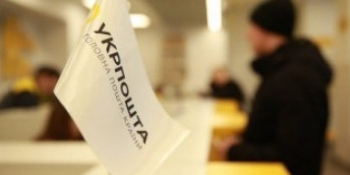She was in occupation, went through filtration camps together with her son, breathed the air of freedom in Lviv, but in the end realized that she is safe only in Kosovo. The story of Viktoriya Kaidash, a journalist of the online publication Troyitske.city is here especially for the National Union of Journalists of Ukraine (NUJU).
On February 23, Viktoriya Kaidash went to see her son in Sievierodonetsk, Luhansk Region. She planned to spend the next day with her family, despite the rather alarming flow of information. It was the first real, not ‘virtual’ vacation in a long time. Late in the evening, she went outside to breathe fresh air… This night was the last quiet one in the city, and in the whole country.
“The shelling started. It was awful. People were standing near the ATMs, withdrawing money. The queues were long, “I have never seen them before. That day they hit the Military Commissariat in Sievierodonetsk. Everything rumbled. People did not know what to do next. Everyone hoped only for themselves,” the journalist recalls the first day of the war.
Life in occupation. Parallel reality
Together with her son, Viktoria returned to Troyitske, but in a few days the city was already in occupation.
“I felt like I was trapped. It is impossible to work, it is impossible to openly express own thoughts, it is impossible to live a normal life at all. For a long time, there was no Internet connection, there was no mobile connection. The complete feeling that we were cut off from life, deprived of it. We were in some other ‘parallel’ reality that we could not understand and accept. I understood that people with guns could come to me any day. Yes, I was ready for the fact that they would come to me and take me for questioning,” says Viktoriya.
The path to freedom
It was possible to leave the occupation, but only through the territory of the Russian Federation. Take a risk or die in the territory captured by the Russians?! The journalist decided that it was necessary to go, even in spite of the filtration camps, in which both she and her son had every ‘chance’ to simply go missing.
“Ruscists set up a filtering station on the border. There was a risk of simply disappearing, some were turned around by the occupiers without explanation and sent back. Filtration ‘is such a check, which is carried out by FSB officers just at the border. Whoever they did not like, they took for questioning. The procedure took hours. All belongings were checked. My son was taken to such a ‘conversation’. They kept him there for five hours. They asked if he had any relatives serving in the Armed Forces, his attitude to that, “various provocative questions about Ukraine and so on and so forth,” Viktoriya recalls with horror.
But she was lucky enough to leave the occupied Luhansk Region, travel through Russia and cross the dream border with Latvia.
“The Russians understood that we were going further from their territory, and tried to exert psychological pressure in every possible way: they kept us in the sun for a long time, withheld documents and did not explain anything. People were anxiously waiting to be released from the country. And when we finally crossed the border, when we realized that we were a Baltic country, we finally had a relief. They welcomed us very well there, quickly issued documents, helped us, if we needed, they explained how to go further, where to stay for the night, how to get to the city. There, they treated Ukrainians very kindly and helped everyone,” compared the journalist from Luhansk.
Having covered a considerable distance, Viktoriya came to Ukraine, to Lviv. Colleagues from the NUJU Journalists’ Solidarity Center helped her settle there.
“They found a place for me at the center for journalists and television crews. For some time, I lived there with my colleagues. It is very comfortable, and I am very grateful for such support. We worked in the same room. There was equipment there, and there were also people of the same profession, I would say, of the same blood. We had many common topics to talk about, we had fun together,” says our interlocutor.
Thanks to the NUJU, Viktoriya found out about the opportunity to continue working and learn new things in Kosovo. She submitted the documents and waited for a response. Within a month, she learned that her application was approved, and in the summer, she moved to the capital of Kosovo, Pristina.
“The Kosovo residents themselves went through the war 23 years ago, so they understand what it is like. This is felt in the attitude towards Ukrainians at all levels: from government officials to ordinary people. If they hear that you are from Ukraine and have now found refuge with them, they are ready to help in any way they can: some with a kind word, some in solving a problem. Everyone is friendly and understanding,” says a journalist realizing that she was finally safe only after moving to Kosovo.
“I understand that the war will end. We will definitely win. At that time, we will have many unresolved issues. Many people will return: some from abroad, some from the war, there will be a lot of business, many issues to be resolved. Therefore, I want to write about the experience of people who have already experienced something similar. You can learn from the Kosovo residents how to build a new life in their country after the war, how to work in new conditions, how to adapt their vision of the world to reality and move on,” says Viktoriya.
JOURNALISTS ARE IMPORTANT. Stories of Life and Work in Conditions of War is a cycle of materials prepared by the team of the National Union of Journalists of Ukraine with the support of the Swedish human rights organization Civil Rights Defenders.





